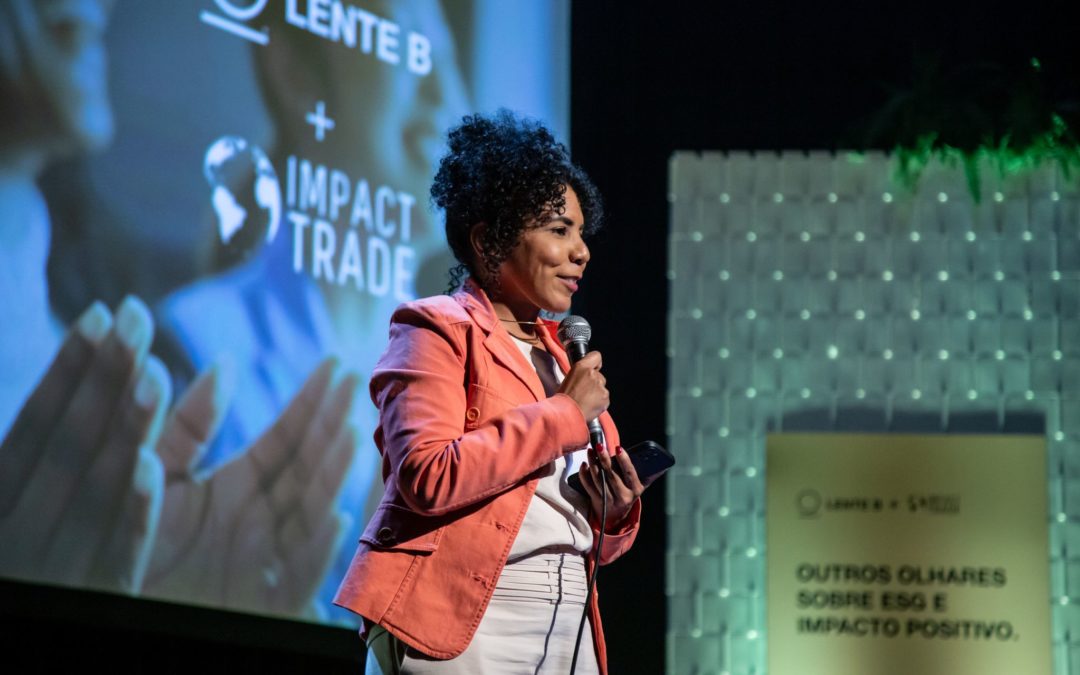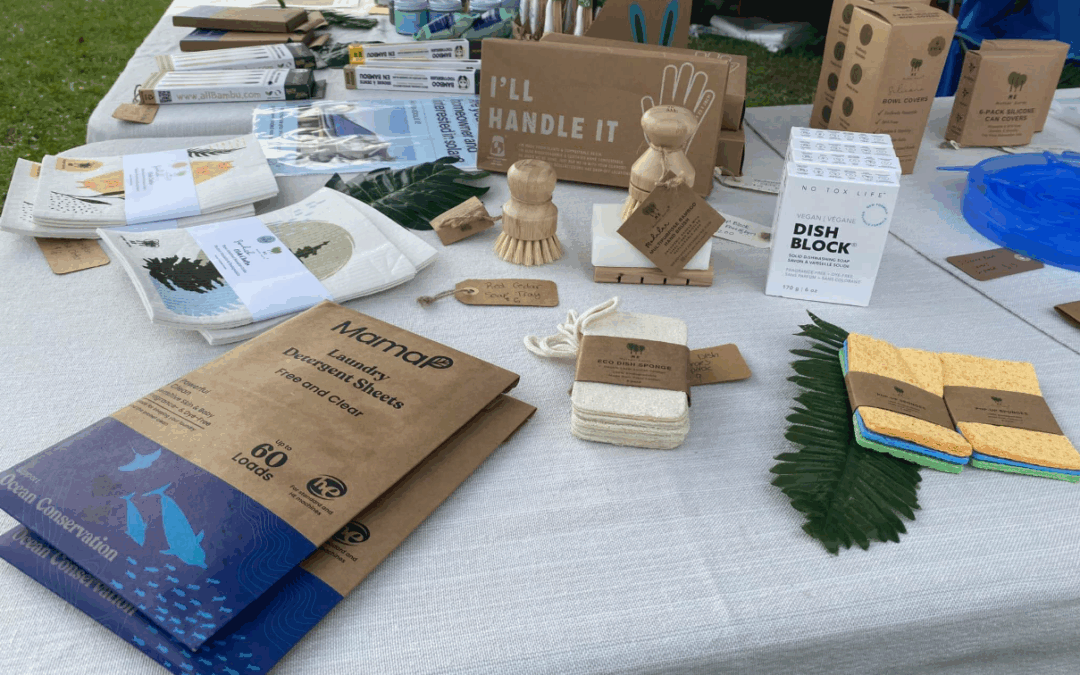Eating healthy food is crucial for improving your immune system and preventing diseases. […] It’s crucial to be aware of your nutrition throughout your life, and your nutritional needs may vary depending on your lifestyle and circumstances.
As I drove to the location for our business meeting, it quickly became apparent that I was stepping into the current chapter of a much larger story—a story that a number of us know, in one way or another. Finally making my first trip to Dallas, Texas, I was meeting with both new and familiar colleagues.
An Environmental and Black Story
Approaching the location down the lengthy stretch that is Carbondale Street, shorter roads break off every few hundred feet where families live and raise children. Speed humps are laid down as a deliberate deterrence to the drag racing that once occurred regularly along the long straightaway. The first thing I notice—and, in fact, what I cannot ignore—is the seemingly endless Union Pacific rail line running parallel to Carbondale Street.
While this side of the tracks is tranquil, the other side is booming with business as shingle and gravel plants pump pollution into a spacious proximity that, in Texas, still causes me to pause and ponder. While they say that everything is bigger in Texas, the sudden and stark tangibility of “a stone’s throw away” from Black and Brown communities in the United States is more evident than ever. Within visible distance, the skyline of downtown Dallas looms in distinct contrast.
Before the shingle and gravel plants occupied the other side of the tracks, a Black woman, known in her community as Joppy Momma, lived on her own parcel of land there. Union Pacific then purchased that land, forcing Joppy Momma to move but a stone’s throw away to the opposite side of the tracks. Over the next few generations in Joppy Momma’s family, that parcel of land was somehow left and forgotten, although not by the county tax office where property bills continued to accumulate. Many years later, Kimberly High, Joppy Momma’s great-granddaughter, stumbled upon the connection between lineage and property. She then made a way to settle the tax liability of the land, revitalize it, and put it to use in a way that would benefit the local community.
Arriving now to that parcel of land, it has been cultivated into a farm, Joppy Momma’s Farm, a registered 501(c)(3) organization celebrating its third anniversary. Although, for Kim, the organization’s Founder and Executive Director, her farming journey started nine years ago.
A Crucial Lifestyle Change
Following a 31-year career in the corporate world, Kim’s professional focus shifted from insurance claims to agriculture, and even grant writing. “As I look back at my health and the health of my parents and siblings, I noticed the only generation to not have diabetes was my great-grandmother’s,” Kim relates. “She only ate from her gardens and farms. I think that is why she lived such a healthy life. Once I learned the relationship between healthy eating and diabetes, it was evident I needed to make a lifestyle change. The best way to do it was to change professions while learning to grow healthy food.”
Today, Joppy Momma’s Farm is making notable progress. Partnering with local restaurants and eateries, Kim and her team collect food scraps to use as composting material, which produces soil to grow crops. The farm grows all types of plants, greens, and vegetables: cilantro, rosemary, broccoli, cabbage, turnips, and carrots, to name but a few. All of it is organic. The farm also directs some of its yield to partners for their operations in food preparation and service.
Having established 501(c)(3) status in May 2021, Kim taught herself how to write grants and has successfully secured funding from the United States Department of Agriculture (USDA). This funding has allowed her to grow the farm by putting local residents on payroll, thus creating local jobs in agriculture while disseminating a healthier way of eating. These feats on their own are praiseworthy; in fact, they are paving a new path for Dallas’s community and Historic Freedman Town of Joppa (pronounced Joppy), a food desert in which Kim’s farm sits, geographically and spiritually located at the head and not the tail. While present progress is encouraging, Kim is not resting on her laurels. There is still more work to be done.
Where Is the Farm Headed?
Kim plans to fortify the farm’s presence in the community and expand its offerings by placing a restaurant on the premises, with its upper level boasting the skyline of downtown Dallas for heightened ambiance, and opening a convenience store where the community will have access to locally grown organic greens and products in their own backyard. A major obstacle hampering progress is a convergence of zoning regulations and land ownership.
Joppy Momma’s Farm sits on Carbondale Street, demarcated by the City of Dallas as commercial zoning, thus available for business. Ideally the future restaurant and convenience store would be placed on this side, and the farm itself would be moved to the parcel of land behind it, demarcated as residential zoning. Joppy Momma’s Farm does not currently own this land, having been purchased instead by developers from the City of Dallas’s Urban Land Bank Demonstration Program (Land Bank), the ultimate destination of tax-foreclosed, vacant properties. As of this writing, the former Land Bank lot has yet to be used, as if, despite present ownership, it were pre-ordained to usher the farm into expansion. So far, Kim has been unsuccessful in getting through to the developers to negotiate a sale.
Carving Out Time to Save Your Life
As Kim relates her story while giving me a tour of the farm, she remains hopeful and motivated. “I’m not going to quit this until everyone has a garden in their backyard,” she affirms as her motto. Picking a few vegetables from the soil to be used for an evening soup, she emphasizes that, whether in a food desert or elsewhere, so much of our lives is based on what we eat.
Meal preparation is time-consuming, particularly with organic food that must constantly be restocked. Nonetheless, it’s important to make time for what really matters amid our hectic schedules—our very lives. “Eating healthy food is crucial for improving your immune system and preventing diseases,” Kim declares. “Lack of education on the importance of building strong bones, protecting your heart, and maintaining a healthy body weight can lead to poor health. It’s crucial to be aware of your nutrition throughout your life, and your nutritional needs may vary depending on your lifestyle and circumstances. When I learned that my A1C levels were out of control, causing chronic health conditions, I decided to quit my corporate life and start farming. This decision allowed me to get enough Vitamin D from the sun and breathe fresh air on a daily basis.”
Support for the Farm
Enharmonic Encounters is enthusiastic about supporting Kim’s work and has partnered with Joppy Momma’s Farm to establish its status as a new environmental partner of 1% for the Planet. By working toward its mission of creating jobs, providing resources, and offering healthy food options for underserved communities, Joppy Momma’s Farm now benefits from access to 1% for the Planet’s expansive network. Business Members have the opportunity to fulfill their annual giving commitment by donating to the farm.
These types of initiatives are crucial in addressing the systemic challenges faced by Black and Brown communities as a result of environmental racism, which denies access to clean and healthy spaces based on skin color. The for-profit world has a long history of maximizing the bottom line at the expense of these communities by strategically placing high-polluting facilities close to where they live. With increased efforts to align with the UN Sustainable Development Goals for increased peace and prosperity for people and the planet, we must acknowledge the need for environmental justice. Acknowledgement comes with an obligation to rectify the harm inflicted on Black and Brown communities.
While the farm continues to be a beneficiary of federal grants, ample room remains for the for-profit world to step up and take responsibility. I encourage all 1% Business Members and non-members alike to learn more about the farm and consider partnering. Enharmonic Encounters, itself a 1% for the Planet Business Member, is proud to take this first step with Joppy Momma’s Farm in championing its mission.




